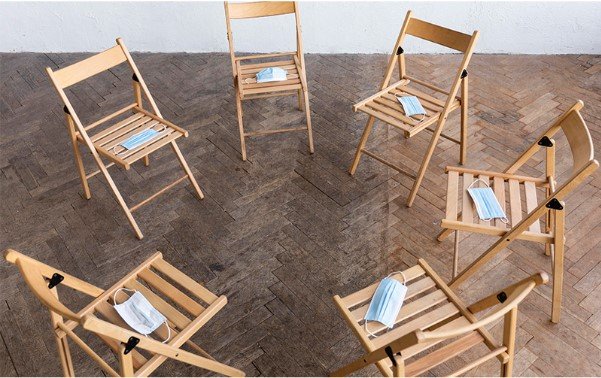When people think of therapy, they usually imagine breakthroughs, healing, and tearful reconciliations across a perfectly arranged sofa. The reality—especially with counselling in Singapore—can be a little messier. There is a growing awareness of the benefits of marriage counselling in Singapore but the spotlight rarely lands on what can go wrong in the room, specifically the subtle mistakes couples make when attending therapy often without realising they are doing it.
While couples therapy in Singapore has become a more accepted avenue for resolving relationship issues, certain pitfalls still trip people up. These errors are less about what is said and more about mindset, preparation, and unrealistic expectations.
Treating It Like a Courtroom
One of the earliest and quietest mistakes couples make is entering therapy like it is a legal trial. Each partner arrives ready with exhibits, timelines, and an unshakeable belief that the other person is clearly in the wrong and therapy becomes less about understanding and more about scoring points—or worse, getting the therapist to “take sides.”
This mindset turns the session into a defensive dance. Every suggestion feels like an attack, and progress becomes impossible because neither person is really listening. The focus stays on proving a point instead of understanding where the cracks began.
The therapist’s role is not to declare a winner. It is to help uncover patterns, communication habits, and unresolved feelings that sit underneath the arguments. A productive session requires both individuals to be honest, yes, but also vulnerable. Dropping the legal armour is the first, and most difficult, step.
Walking into marriage counselling in Singapore to prove a point misses the point entirely. Therapy is not a debate; it is a mirror—and the reflection can be uncomfortable.
Using Therapy as a Last-Ditch Effort
Another unspoken mistake is waiting until the relationship is hanging by a thread before seeking help. By the time many couples arrive, they are burnt out, detached, or so entrenched in resentment that rebuilding feels nearly impossible. Therapy becomes a Hail Mary pass—”one last try before we give up.”
The issue here is timing. Therapy works best when there is still enough goodwill to fuel change. If silence, contempt, or complete disengagement has settled in, the sessions become crisis control rather than growth.
Preventive counselling—seeking therapy while the relationship is still functional—is rarely considered but remarkably effective. It allows couples to address small habits before they grow into full-blown issues. No fire to put out means space to build something new.
In Singapore, couples sometimes hesitate to begin therapy early due to cultural or social stigma. The fear of being perceived as “weak” or “failing” keeps them from reaching out. But the truth is, those who attend therapy while still connected stand a far better chance of success.
Expecting the Therapist to Do the Heavy Lifting
Therapists are guides, not magicians. Yet many couples expect them to solve everything within a few sessions—ideally without requiring too much personal discomfort. This approach reduces therapy to a service rather than a process. Progress requires effort beyond the one-hour session and it starts with taking responsibility.
Some individuals will sit silently, arms crossed, waiting for the therapist to fix their partner. Others will agree to everything in the room, only to dismiss the entire discussion once they walk out. The problem here is a passive approach—waiting for change without engaging in it.
Effective couples therapy in Singapore hinges on what happens outside the therapy room. Are you practising the communication tools discussed? Are you applying the feedback, or just nodding politely? Real improvement is cumulative. It builds from the small, unglamorous steps taken in real life—text messages rewritten more kindly, apologies given without prompting, and conversations approached with curiosity rather than accusation.
Therapy is not a performance. It is a participation-based experience. The sooner couples see it as work they do with the therapist, rather than work the therapist does for them, the faster they will move forward.
Couples therapy does not need to be a mysterious or intimidating experience. At its core, it is a space to examine how two people relate to each other, where they have stumbled, and how they can find their way back. It only works if the participants come in with the right mindset, realistic expectations, and a willingness to be uncomfortable in service of something better. By avoiding these lesser-discussed mistakes, couples give themselves the best chance to benefit from the process. It is not about perfect harmony, but about choosing to understand before arguing. That shift alone can change everything.
Struggling to make progress in your relationship? Contact In Focus today to speak with professionals who understand how to guide couples through meaningful, transformative counselling in Singapore.

